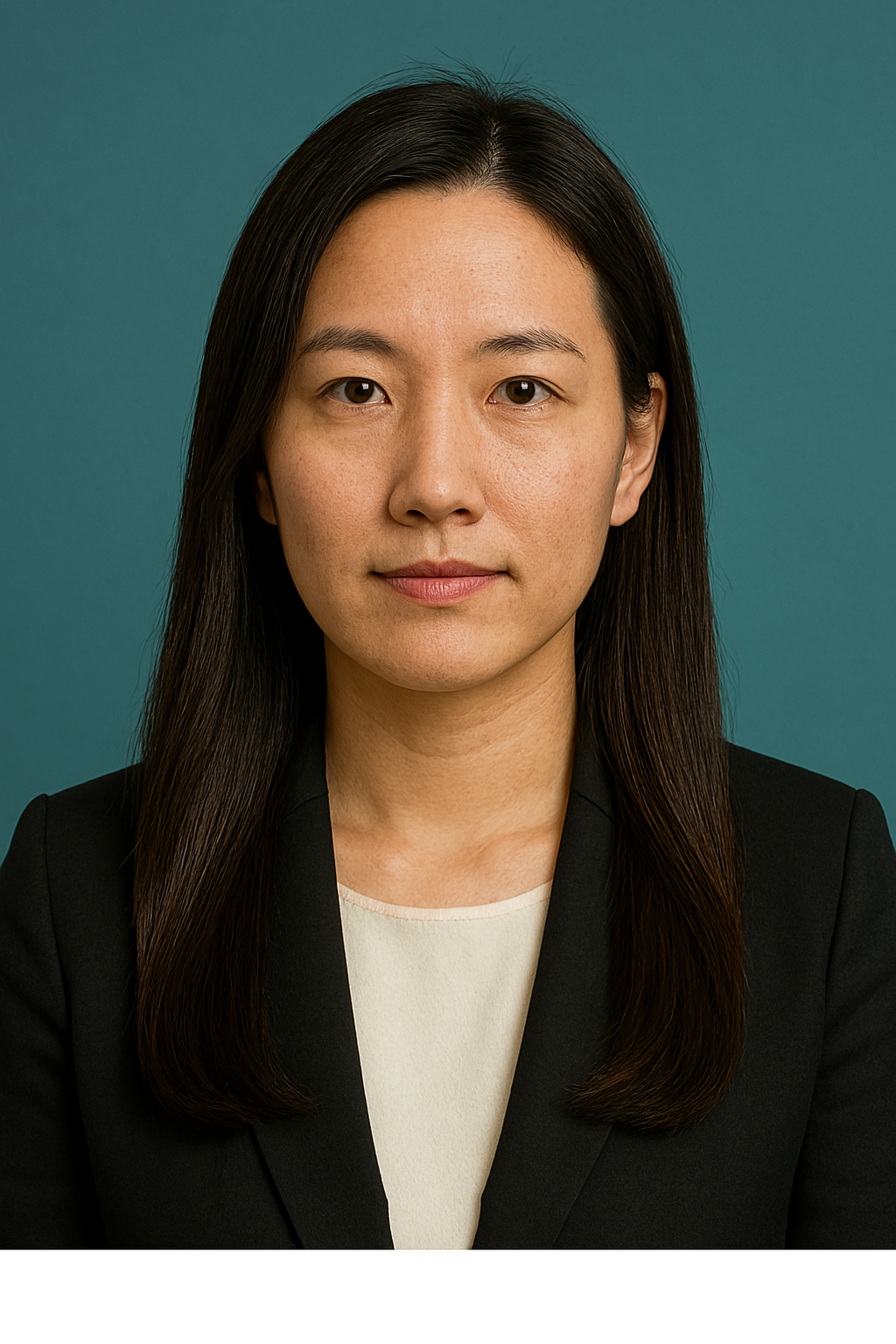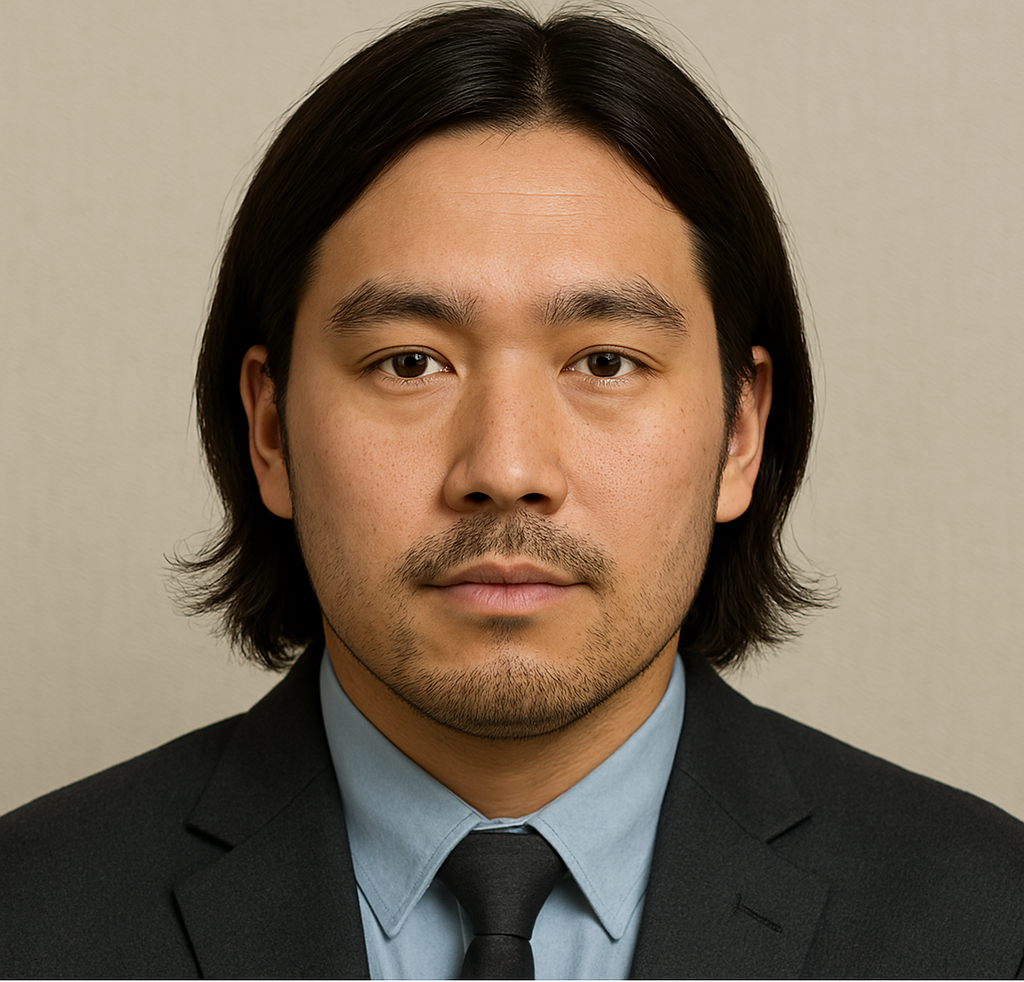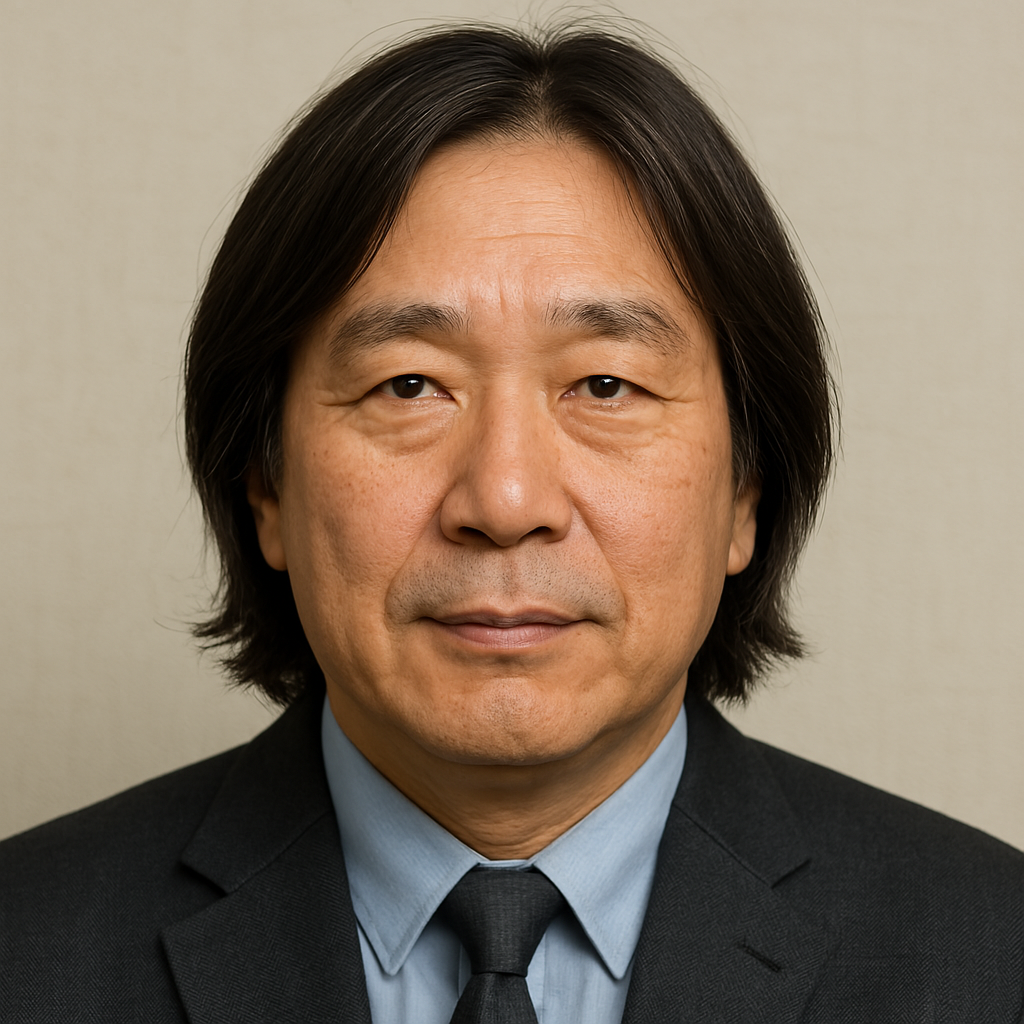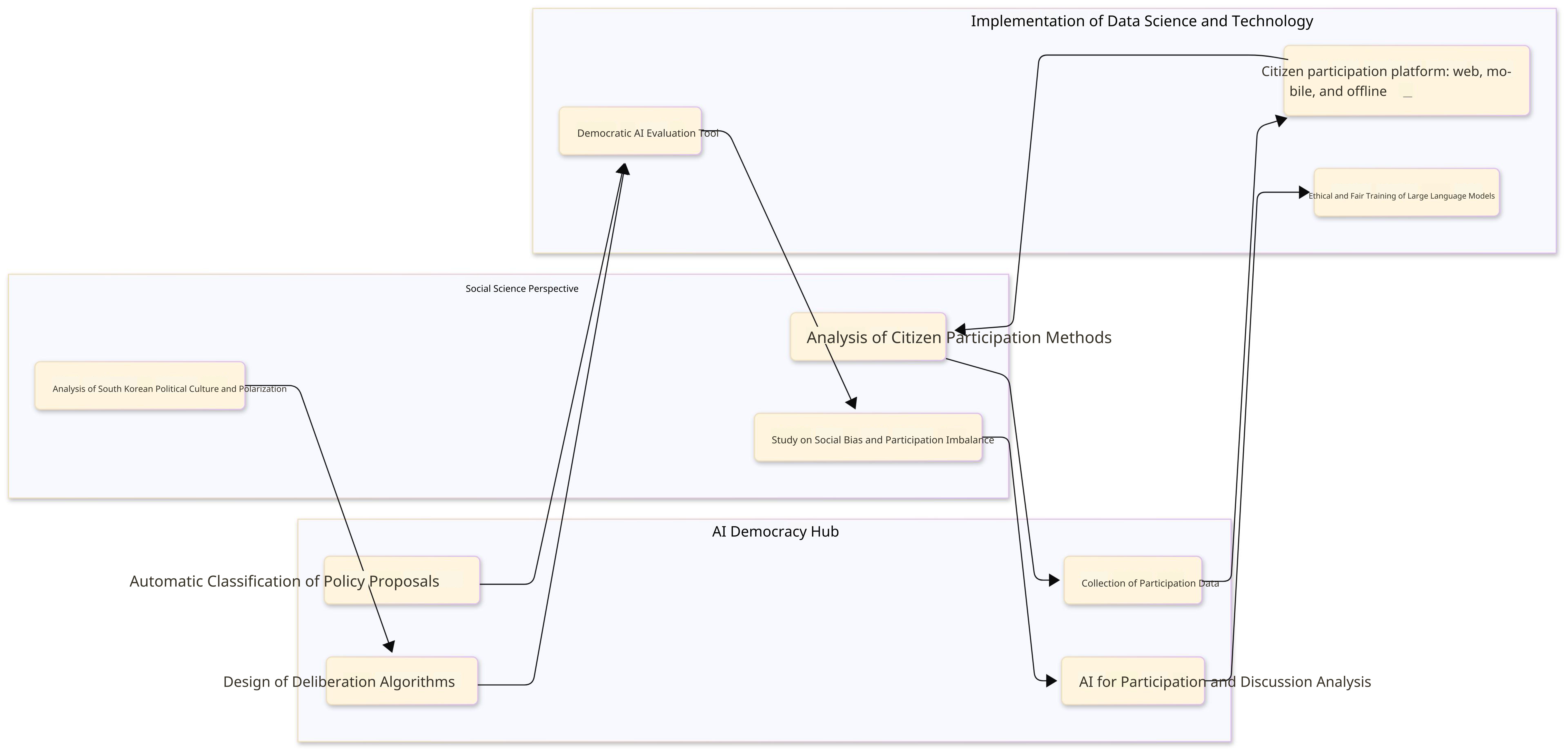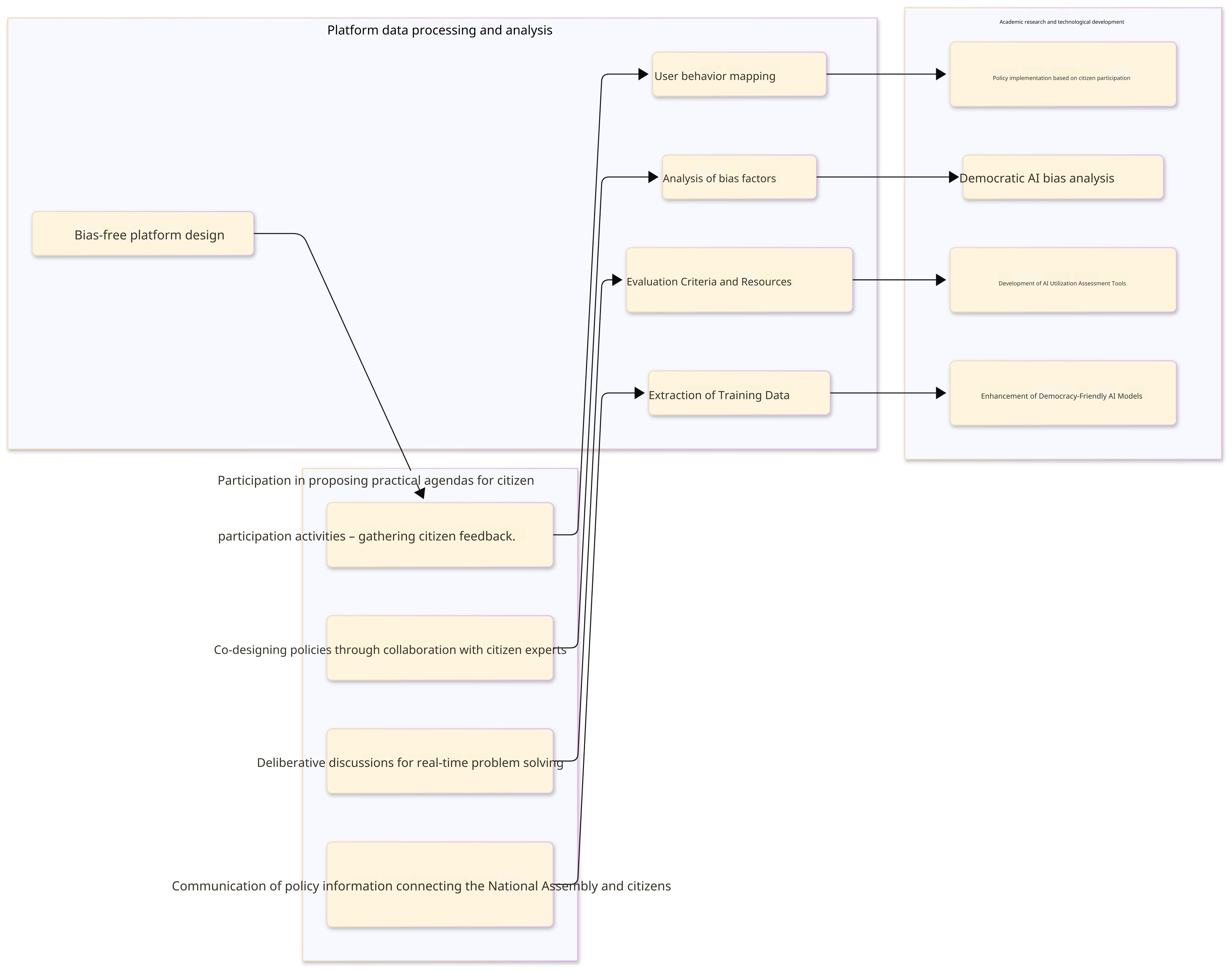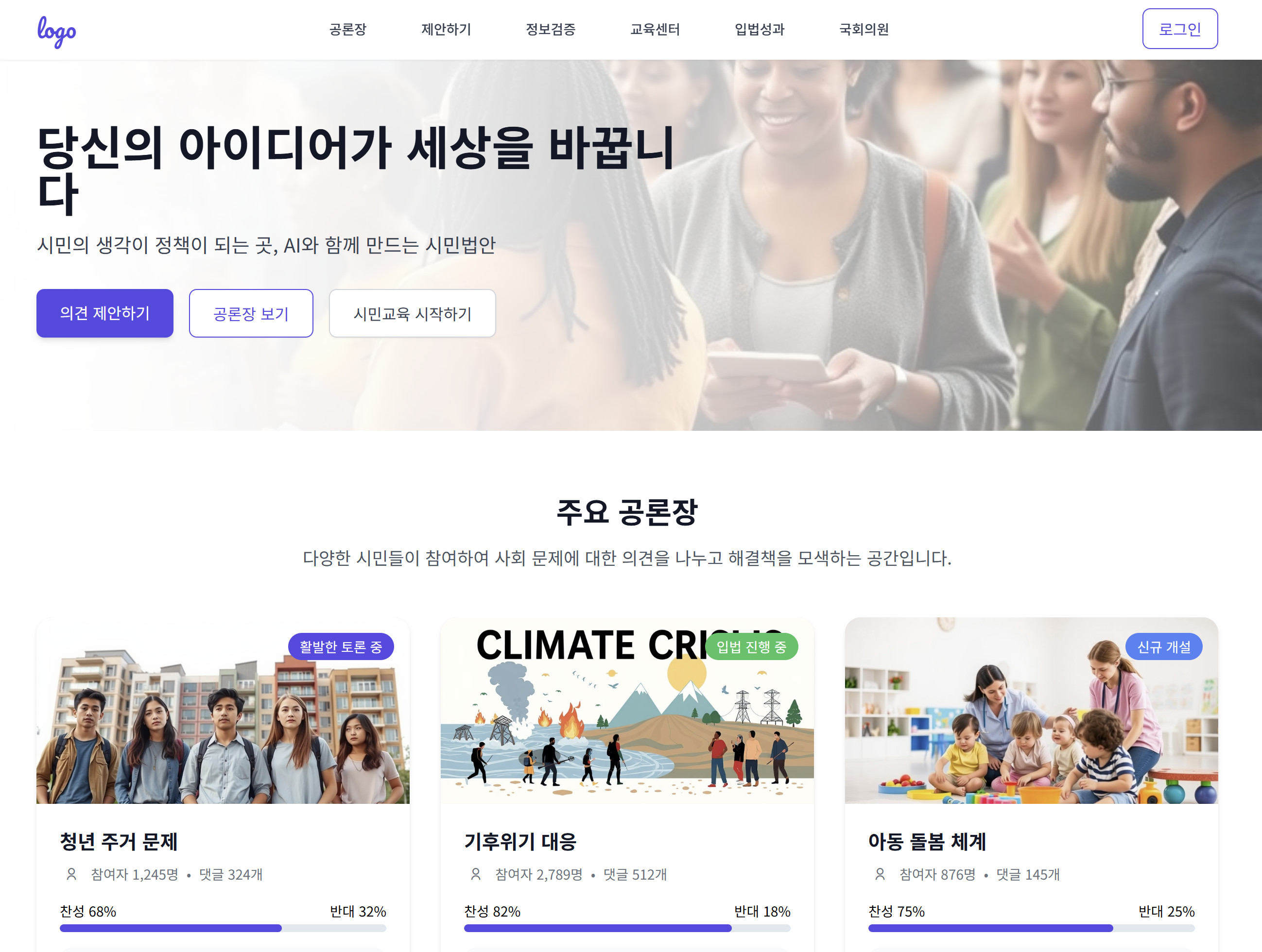This platform, starting in South Korea, can expand through cooperation with other Asian democracies, including Japan. Today, strengthening democracy and establishing ethical technology standards is not just one country's issue but a pan-Asian joint task. Japan also shows high interest in AI governance and democracy, leading the G7 Hiroshima AI Process and launching an AI strategy council to seek international cooperation.
This suggests significant potential for Korea and Japan to build an Asian version of the Democratic Commons network. For example, we can imagine citizens of both countries exchanging opinions by participating in each other's platforms through translation AI or conducting joint policy experiments. Further, we can develop into an East Asian democratic cooperation body by connecting with other countries in the region with diverse political and social contexts, such as Taiwan and Singapore.
This expansion from an Asian perspective will be an opportunity to develop common democratic values while respecting cultural diversity. Starting from the Korean case, we will maintain an open attitude to broaden the horizons of cooperation so that the AI democracy platform can lead to citizen participation innovation across Asia. Each section has been designed to reflect a deep understanding of Korean society and an Asian perspective.
Under the core values of transparency, inclusivity, and cooperation, this platform will open a new arena for democracy suitable for the AI era. Beyond political distrust and polarization, we will realize a sustainable democratic innovation platform created together by citizens, government, and experts. We welcome the participation of all Korean and Asian citizens in this journey for the future of democracy.
